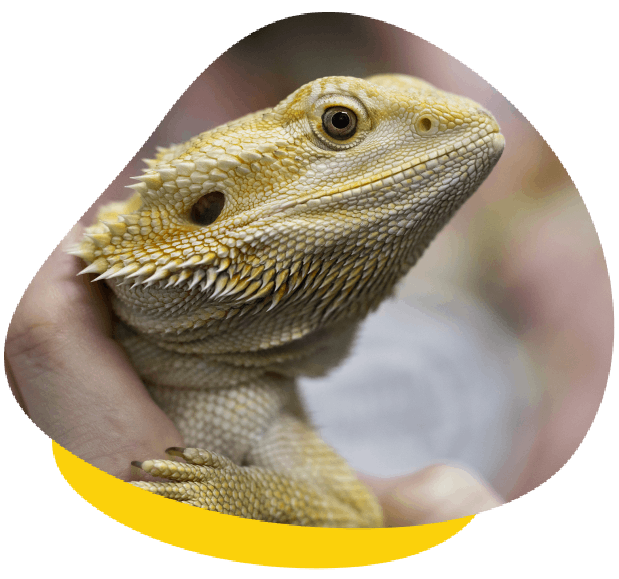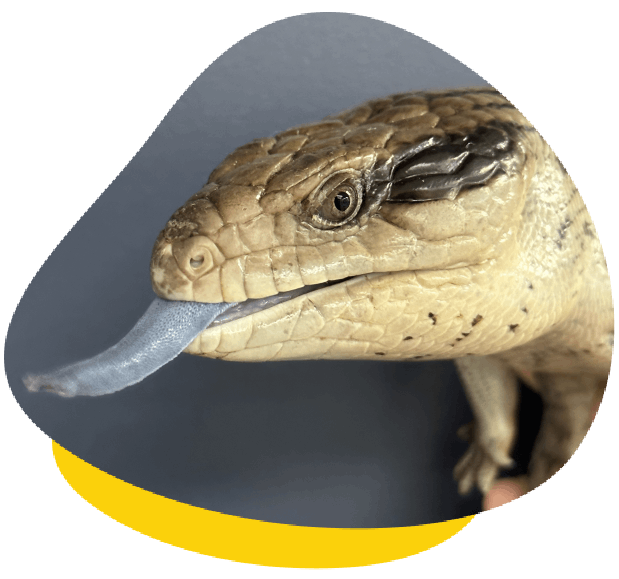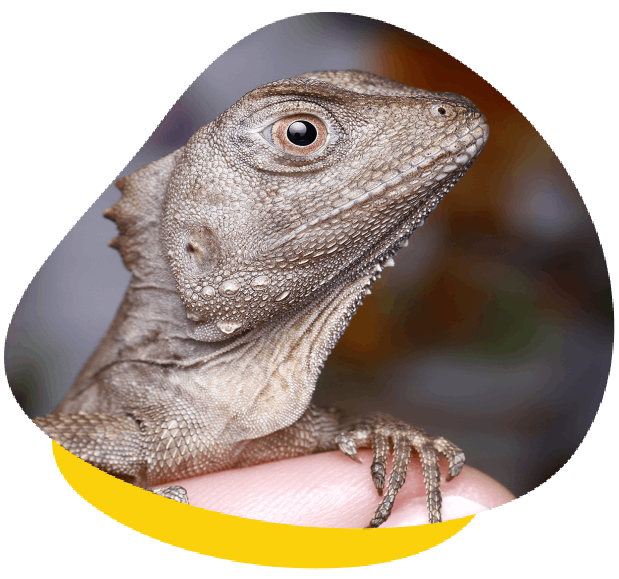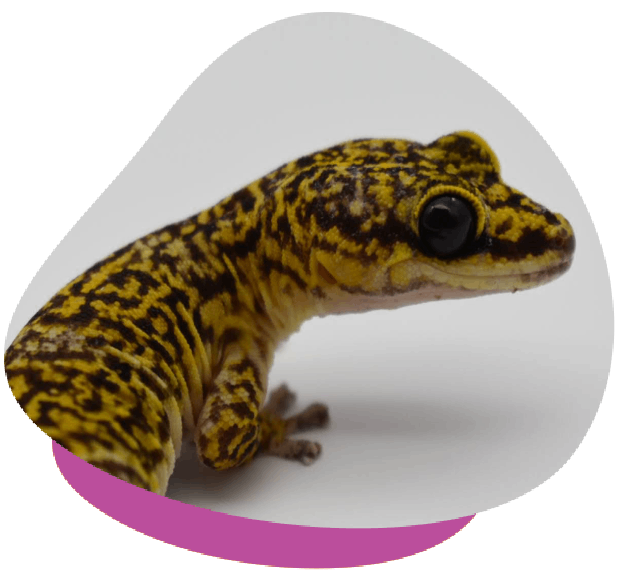
What to Expect at Your Lizard’s Appointment
Every lizard consultation begins with a thorough physical examination, checking the eyes, mouth, limbs, skin, tail and body condition. Because many lizard health problems are linked to their environment, we’ll also discuss your pet’s setup in detail, including lighting, temperature gradients, UVB exposure, diet and enclosure design.
If we notice any concerns, we may recommend diagnostic testing such as faecal parasite checks, X-rays, or blood tests to get a clearer picture of your pet’s health. From there, we’ll create a treatment plan tailored to your lizard’s specific needs, whether that involves medication, surgery, dietary adjustments or environmental changes.



